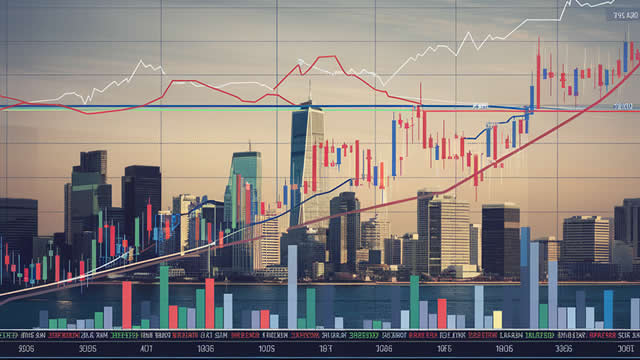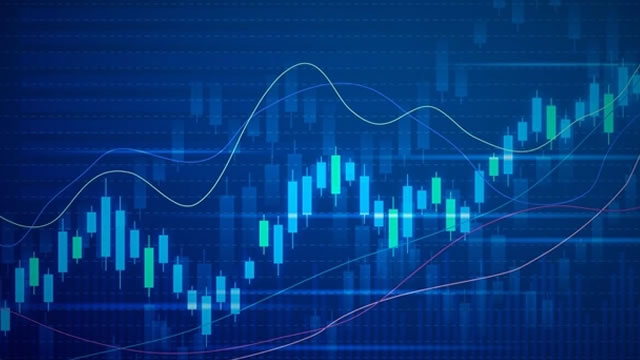Pound Sterling Surges to Six-Month Highs Against US Dollar: A Closer Look
The Pound Sterling (GBP) displayed a remarkable performance against the US Dollar (USD) on Tuesday, reaching six-month highs at 1.3233, an increase of 0.36%. This development came despite the UK releasing soft jobs data, which typically would have weighed heavily on the British currency.
The Financial Markets’ Narrative: US Tariffs
The financial markets have been closely watching the ongoing trade tensions between the US and its major trading partners, most notably China. The US administration’s decision to impose tariffs on imported goods has led to a significant shift in investor sentiment, with the US Dollar taking a hit as a result.
The Pound Sterling, on the other hand, has benefited from this narrative. The UK currency is seen as a safe-haven alternative to the US Dollar, as it is less directly exposed to the trade tensions. Moreover, the Bank of England (BoE) has been more cautious in its monetary policy stance compared to the US Federal Reserve, making the Pound an attractive option for investors seeking lower-risk assets.
Soft UK Jobs Data: A Mere Blip
The UK’s latest jobs report showed a decrease in both employment and wage growth, which typically would have led to a sell-off in the Pound. However, the currency managed to shrug off this news, as the broader market sentiment continued to favor the British currency.
Impact on Individuals: Uncertainty and Opportunity
For individuals holding or planning to hold funds in Pounds, the recent surge in the currency’s value against the US Dollar presents both opportunities and challenges. Those planning to travel or conduct business in the UK may find their purchasing power reduced, as the stronger Pound makes UK goods and services more expensive for foreign buyers.
On the other hand, those holding Pounds or investing in UK assets may see their holdings increase in value, providing a potential boost to their portfolios. However, it is important to remember that currency markets can be volatile, and the value of the Pound against other currencies can change rapidly.
Impact on the World: Geopolitical Shifts and Market Dynamics
The Pound’s gain against the US Dollar is just one piece of the larger puzzle of global currency markets. The ongoing trade tensions between the US and its trading partners, as well as geopolitical developments in other regions, continue to shape the dynamics of these markets.
For instance, the Chinese Yuan has been under pressure due to the US tariffs, leading to increased volatility in the currency. The European Central Bank (ECB) has also signaled a more accommodative monetary policy stance, which could weaken the Euro. These developments, along with the ongoing Brexit negotiations, will continue to influence currency markets in the coming weeks and months.
Conclusion: Navigating the Complexities of Currency Markets
The recent surge in the Pound Sterling’s value against the US Dollar is a reminder of the complexities and dynamics of currency markets. While the underlying drivers of this trend, such as trade tensions and monetary policy, are largely beyond the control of individual investors, it is important to stay informed and adapt to these developments as they unfold.
For those holding or planning to hold funds in various currencies, it is crucial to monitor market trends and be prepared for potential fluctuations in value. Consulting with financial advisors and staying informed about global economic developments can help individuals make informed decisions and navigate the complexities of currency markets.
- The Pound Sterling reached six-month highs against the US Dollar on Tuesday.
- The financial markets’ narrative remains linked to US tariffs.
- The UK jobs data showed a decrease in employment and wage growth, but the Pound still rallied.
- Individuals holding Pounds may see increased purchasing power or portfolio gains, but should be prepared for potential volatility.
- Geopolitical developments and monetary policy shifts continue to influence currency markets.





